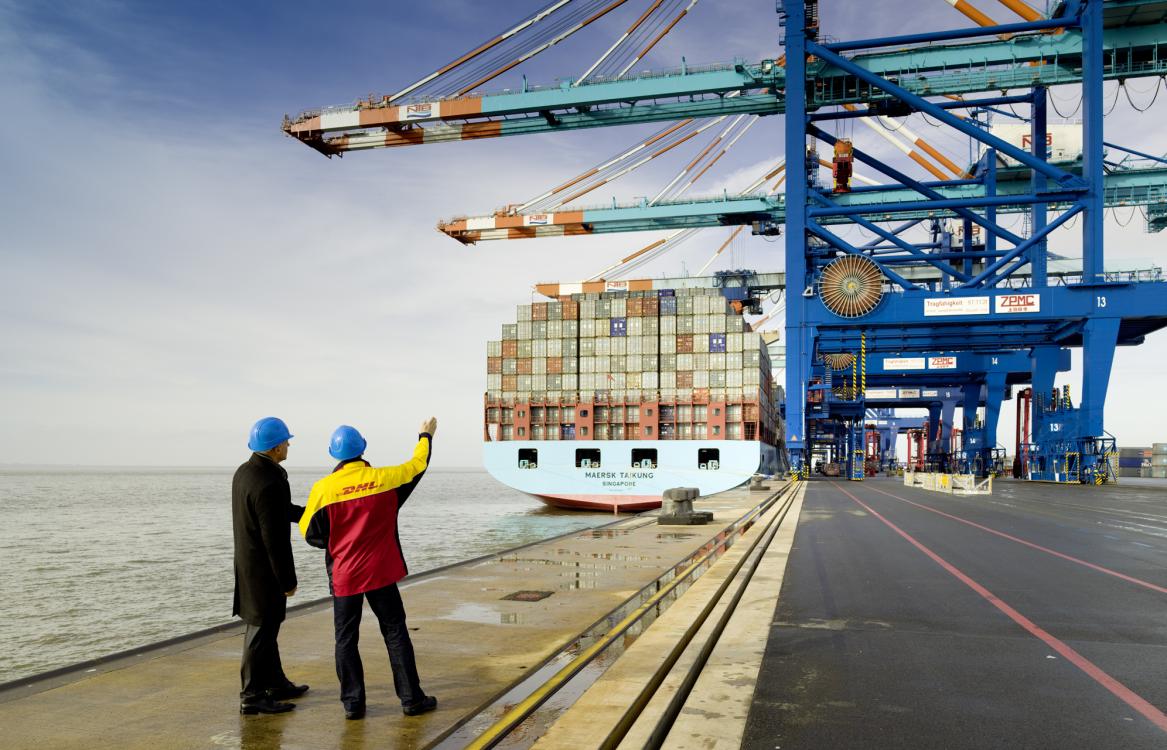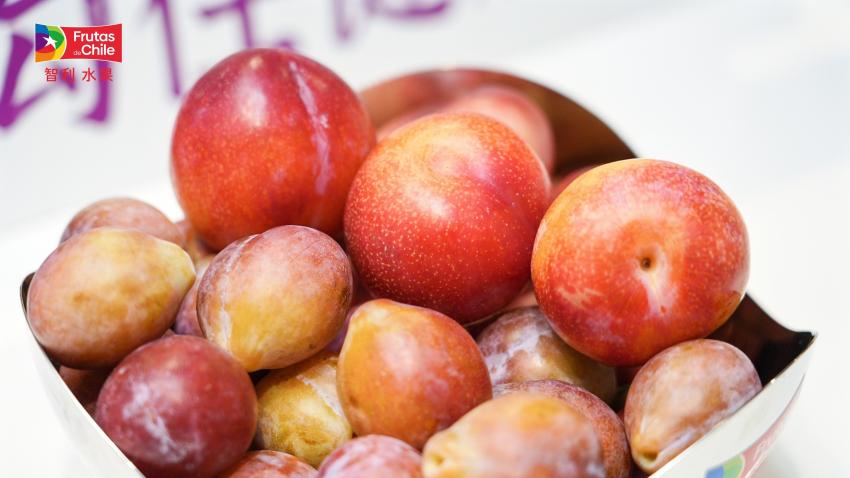You are here
Back to topDHL to play a key role in export of Spanish fruit to China

DHL’s new service aims to simplify logistics operations for Spanish fresh produce exporters
Photo: Deutsche Post DHL
DHL Supply Chain, the Iberian subsidiary of the global logistics giant DHL has announced an agreement with Spanish stonefruit producers to provide end-to-end logistics services for newly approved exports of Spanish stonefruit to China. Upon unveiling the company’s newest service, Jaume Baro, COO of DHL, stated that their overall aim is to simplify logistics operations for Spanish fruit and vegetable exporters. “DHL Supply Chain will help Spanish stonefruit enter the Chinese market, presenting us with great business opportunities due to China’s huge consumption potential in the coming years”, according to the comments by Mr. Baro at the conference “Access and opening of new markets for the export of fruit and vegetables” on October 7 and reported in Spanish by the publication Ei. The COO of DHL singled out plums, peaches, and nectarines as new categories of Spanish fruit allowed export to China as a result of the agreement between Spain’s Ministry of Agriculture, Food and Environment and China’s General Administration of Quality Supervision, Inspection and Quarantine (AQSIQ), which was signed in July of this past year. Mr. Baro did not announce a specific start date for the new service, but with the Spanish stonefruit season set to end in October, DHL will unlikely begin the new service until the new production season starts again from next May.
Spanish companies began looking into the Chinese requirements and protocols for fruit transportation after receiving export permission and found them to be rather strict and complex. Compared to similar regulations in Europe (Spain supplies 90% of the EU stonefruit market), the Chinese authorities demand unique temperature standards be met, a greater number of sensors, and registration of certain facilities. Unprepared as they were for these new transportation criteria, Spanish exporters found their first shipments to China to be quite challenging.
In order to assist these Spanish ‘pioneers,’ DHL Supply Chain offered exporters services in end-to-end supply chain management, which included temperature control and monitoring during all stages of transportation, product consolidation and loading, transport via sea or air to Shanghai, and unloading and delivery to requested destinations, which included DHL management of all customs formalities, fiscal representation, and handling of other such documentation.
DHL’s offer was greeted with enthusiasm and was seen favorably as a complete service package aimed at relieving the pressure and demand of logistics on exporters. Moreover, DHL’s reputation and experience (DHL transports over 100,000 tons of soft fruit and vegetables from Africa yearly) assured Spanish companies that their fruit was in the most professional of hands. As DHL is constantly reinforcing its cold chain capacity in China, recently expanding its cold storage facility at Shanghai’s Pudong Airport to 1,600 square meters and constructing a new warehouse in 2015, it is almost guaranteed that fruit freshness is preserved.
This all comes at a relatively low cost to exporters. Even though DHL is the world’s largest and one of the most prestigious logistics operators, charging its clients accordingly, the price for these services has been indicated to be ‘very reasonable.’ The exact cost was not mentioned by Jaume Baro, but if one considers the already-low cost of sea freight, the price for these supplementary services can be expected to be insignificant.
Given the relatively long shelf life of stonefruit (up to six weeks), freshness can easily be preserved when shipped via sea and they will retain their high Spanish quality for Chinese customers. Air freight remains rare in stonefruit export due to substantial transportation costs. Chinese domestic stonefruit continue to have the competitive edge over imports, largely because of lower labour costs; as a result, importers must carefully tailor their approach to the Chinese market in unique and creative ways.














Add new comment